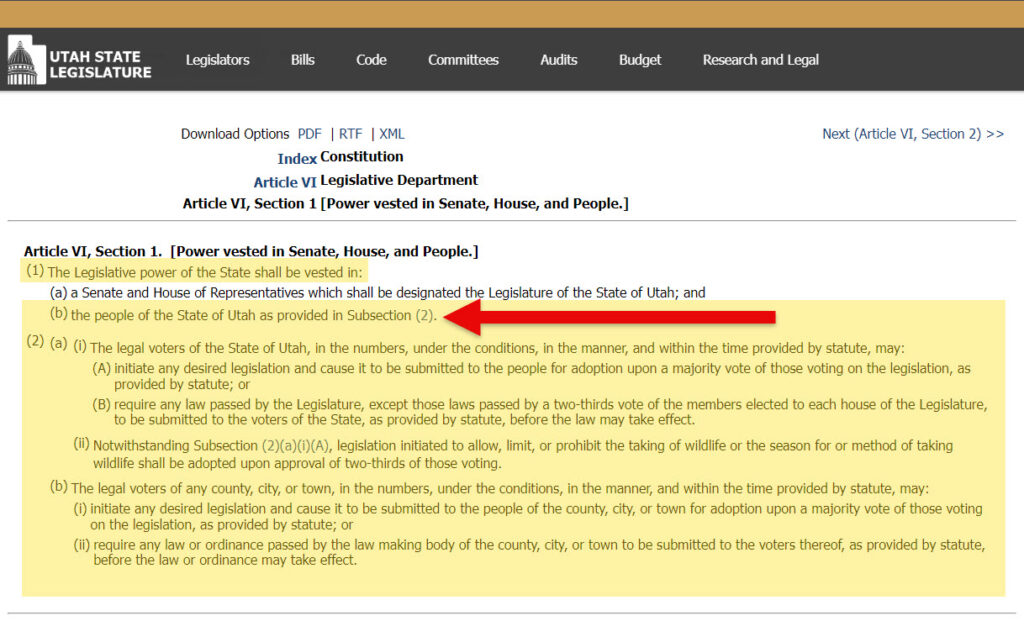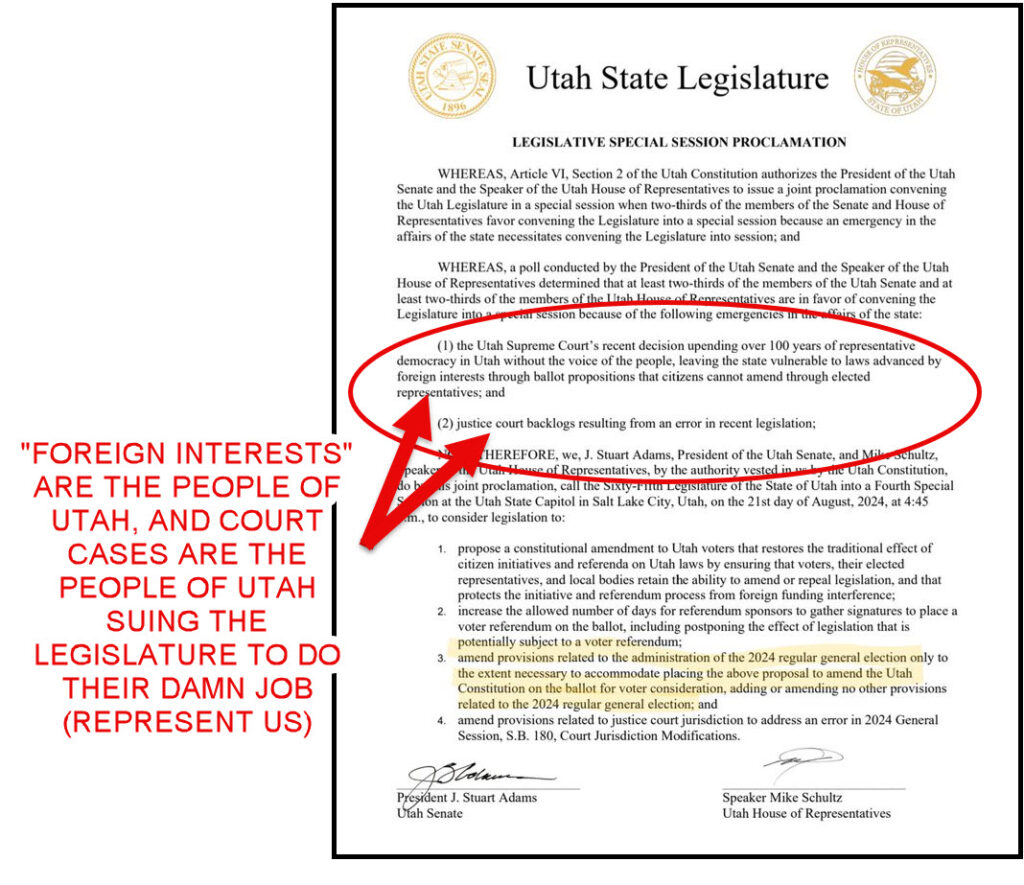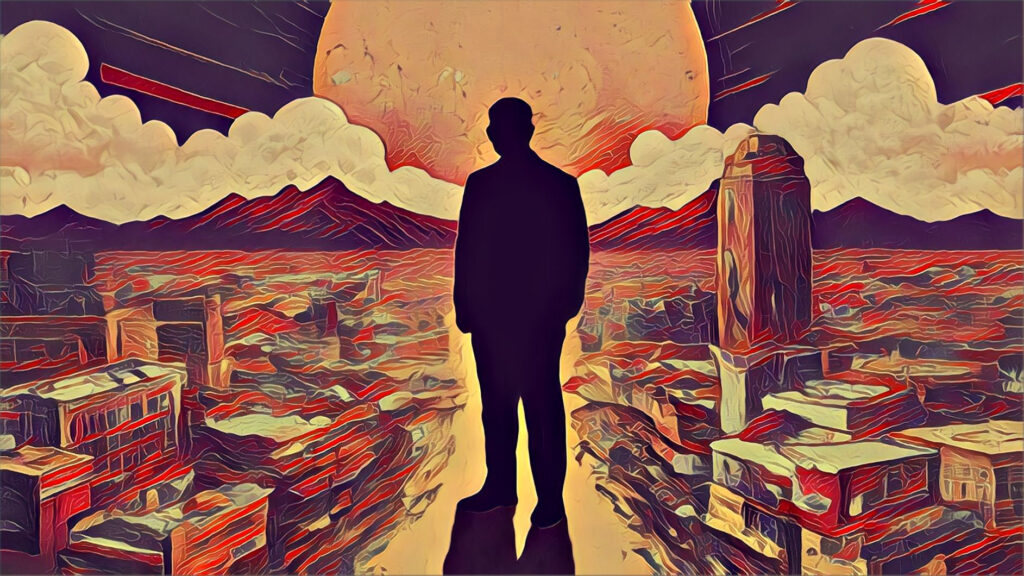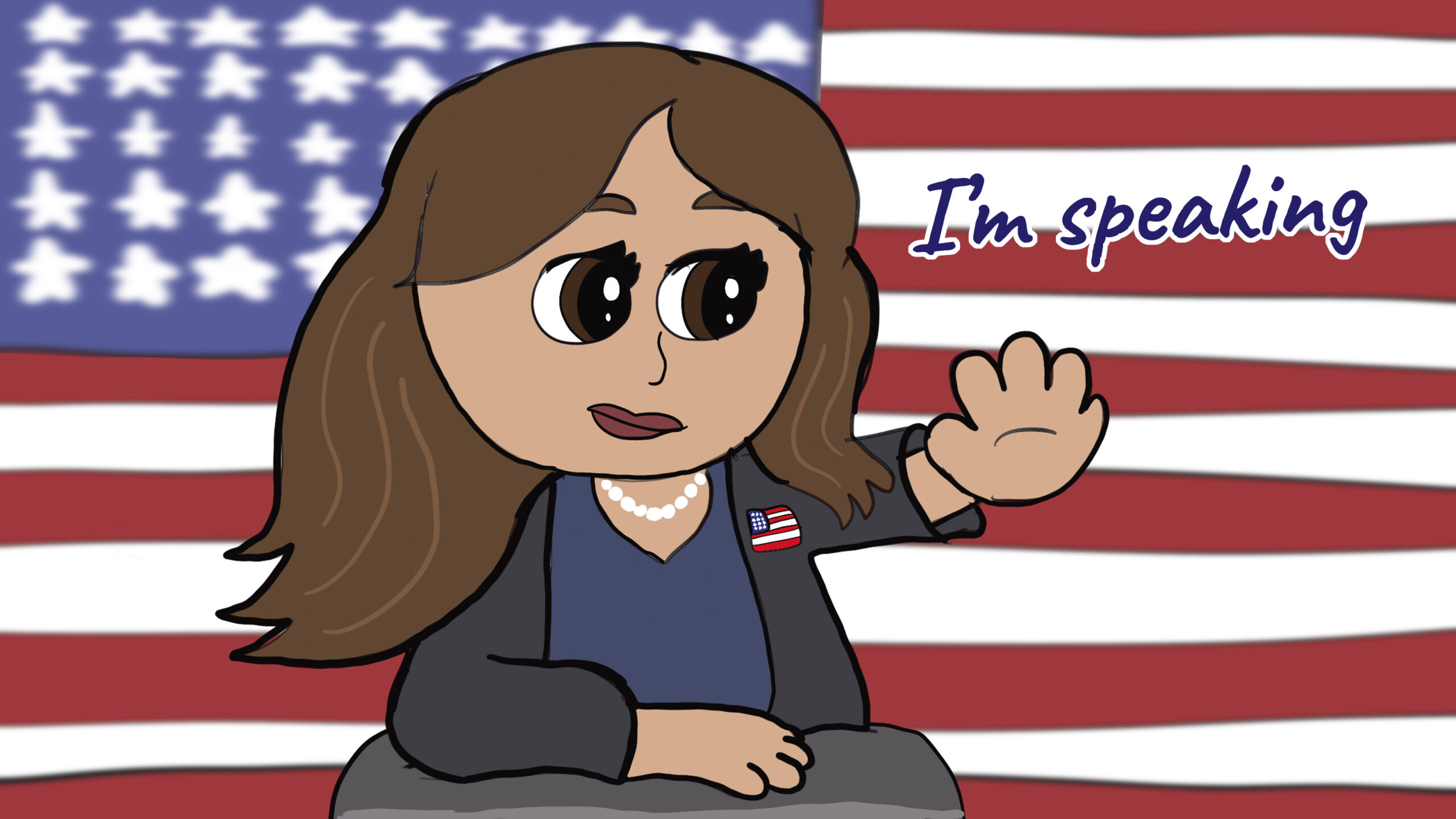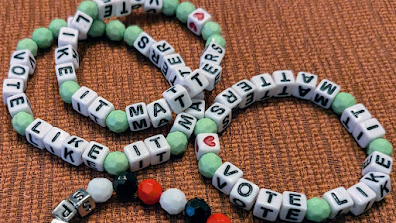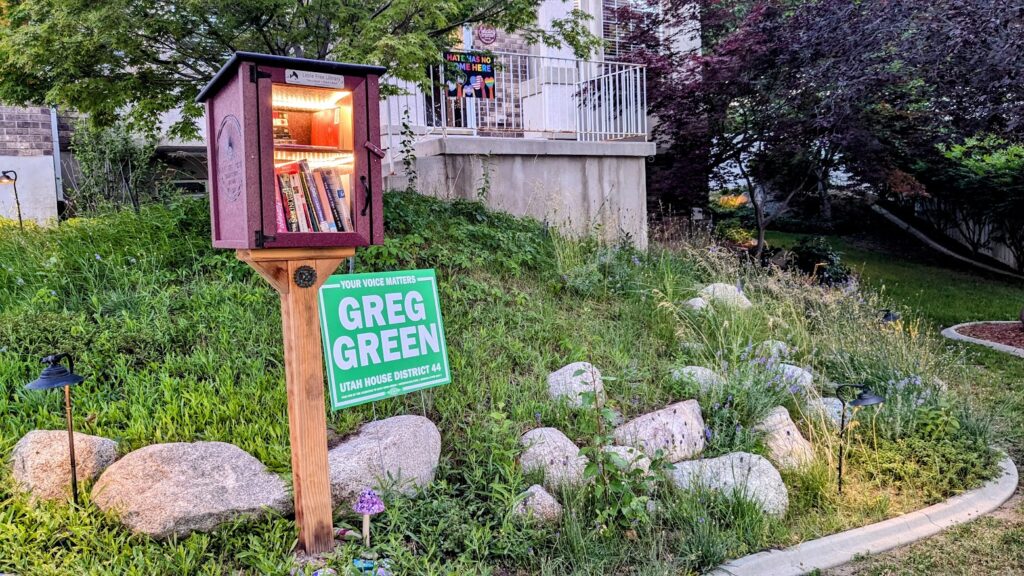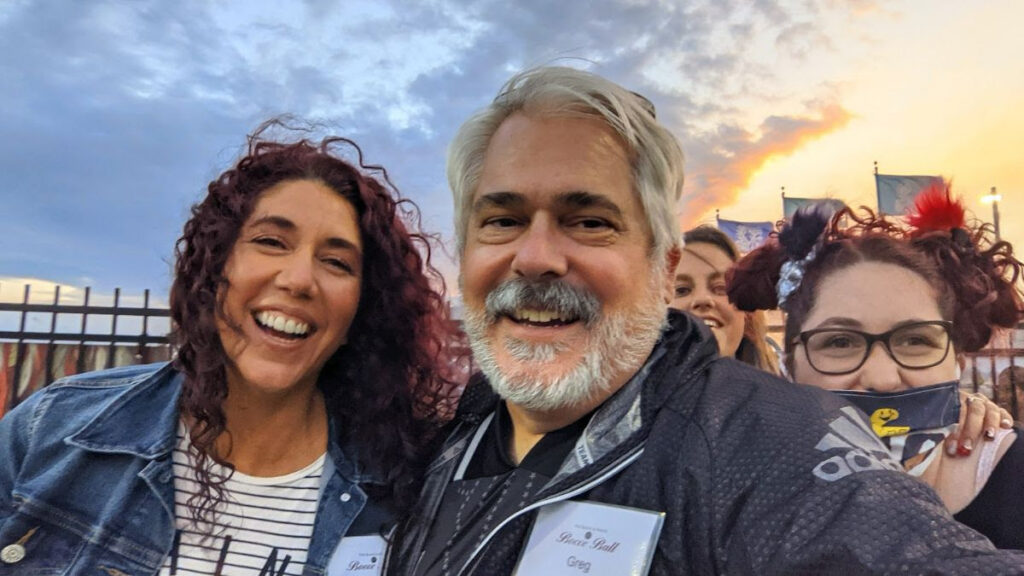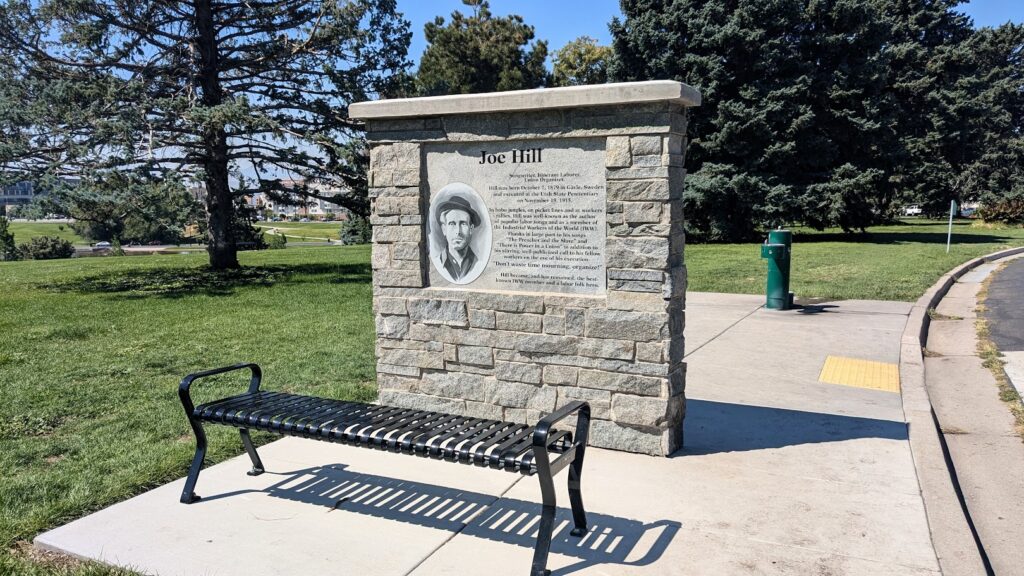
Labor Day is a time to honor the American worker and their contributions to society. In Utah, this holiday holds particular significance, as the state has a rich history of union activity that has shaped its workforce and economy. Unions have played a crucial role in Utah’s labor movement, advocating for fair wages, safe working conditions, and workers’ rights. Through collective bargaining, unions have negotiated contracts that have provided workers with better benefits, education and career advancement, job security, and a voice in the workplace. Labor Unions have been primary drivers for workplace safety, standard working hours, ending child labor, and emphasis for improved public education.
- In 1852, the National Typographical Union was organized in Salt Lake. It became the first permanent national union in our country. Through its evolution, the International Typographical Union (ITU) merged and is now part of Teamsters and CWA unions.
- Joe Hill was a famous activist songwriter and member of the Industrial Workers of the World (aka the “Wobblies”). In 1914, Hill was accused of a murder and subsequently sentenced to death at Sugarhouse Prison. His lawyer stated “The main thing the state had on Hill was that he was a Wobbly and therefore sure to be guilty. Hill tried to keep the IWW out of [the trial] … but the press fastened it upon him.” Prior to his execution, Hill had written to Bill Haywood, an IWW leader, saying, “Goodbye Bill. I die like a true blue rebel. Don’t waste any time in mourning. Organize …” A monument to Joe Hill was raised in 2023 at Sugarhouse Park, the site of the former Sugarhouse Prison.
- In 1933, Utah passed its Prevailing Wage Law, which lasted almost a half century before being repealed in 1981, using claims that prevailing wage was in conflict with right-to-work laws passed in 1969
- In 1955, Utah became the 18th state to adopt Right to Work legislation (Since the 1920’s there was the national, anti-union, open-shop “American Plan”, a predecessor of right-to-work; and followed closely after the 1947 Taft-Hartley act)
- When Martin Luther King addressed the AFL-CIO’s fourth convention in 1961, he dubbed the AFL-CIO and the civil rights movement “the two most dynamic and cohesive liberal forces in the country”
- Under Title 34, Chapter 34 of Utah Code adopted in 1969, the state code maintains a “neutral” stance in that an employer cannot require or abstain employees from belonging to a union, and does not deny employees’ right to collective bargaining. This means that unions can be formed, but individuals are not required to join a union, or pay union dues.
It’s important to note the difference between Right-to-Work laws and Right-to-Organize laws. Right-to-work typically focuses on the individual employee, and weakens collective bargaining power. Employees not covered by a union can be subject to at-will work agreements where employers can reduce workforce, lay-off and re-organize with no significant repercussions to the business, but devastating impacts to the employee. Additionally, employees often discover that loyalty to a company isn’t rewarded through commensurate advancement, pay or recognition because employees are treated like assets rather than an investment. In contrast, Right-to-organize typically focuses on the fundamental right of workers to form unions and perform collective bargaining, and strengthens collective bargaining power.
Utah is a right-to-work state, which means that individuals cannot be compelled to join a labor union as a condition of employment. This law has significant implications for unions in the state. While it allows workers to choose whether or not to join a union, it also limits the ability of unions to negotiate exclusive contracts that cover all workers in a particular workplace. As a result, unions in Utah may face challenges in organizing workers and bargaining for collective agreements that benefit all employees. Right-to-work laws can weaken the bargaining power of unions, making it more difficult to negotiate for higher wages, better benefits, and improved working conditions. The loss of a prevailing wage in our state has significance in that there is a constant demand for “cheap” versus “good” that only encourages a slow spiral to the bottom for workers’ wages, their workspaces, product quality, and service availability.
Unions are one of the most important tools to address the disparity of wealth distribution, and a legitimate tool to manage the welfare and way of life for Utahns. This is a key issue separating myself from incumbent Jordan Teuscher. The current representative from our district is anti-union and is the sponsor of HB285 Labor Union Amendments which impacts public employees. He has also submitted bills in past legislative sessions (like the 2023 HB241 Labor Union Amendments) that work against worker rights. We are facing anti-union actions from a national level to degrade unions in Utah. Groups like ‘Workers for Opportunity’ and ‘Mackinac Center for Public Policy’ are engaging with conservative legislators to introduce legislation veiled as “worker freedom”, but in reality represent a furthering of “right-to-work” policies that weaken labor laws and tear down worker rights. Teuscher is a copy/paste legislator introducing right-wing legislation from ALEC that was also run in Texas and Florida. He’s doing the same thing working with the Foundation for Government Accountability (FGA) whose focus is to push, repackage and franchise conservative agendas. He literally takes his cues from national right-wing think tanks rather than representing the people in his district.
This Labor Day, think about workers’ rights and the state of our economy. We need to build from the middle up, and that means giving workers the ability to negotiate fair compensation, fight for workspace safety and product quality in response to the do-more-with-less mantra of companies that treat employees like assets rather than real people, and seek less regulation, less liability, less community commitment, but constantly report record profits. Take time to celebrate the achievements of Utah’s labor movement and the contributions of the state’s working people. It is a reminder of the importance of unions in protecting workers’ rights and ensuring fair and equitable workplaces.
REFERENCE ARTICLES
- The Utah Labor Movement, by J. Kenneth Davies (uen.org)
- Joe Hill, Activist (wikipedia.org)
- April 1955 National Right to Work Committee Newsletter Summary (nrtwc.org)
- The Right to Work Movement, by J. Kenneth Davies (uen.org)
- Losing Ground: Lessons from the Repeal of Nine “Little Davis-Bacon” Acts (faircontracting.org)
- American Federation of Labor and Congress of Industrial Organizations (AFL-CIO) (kinginstitute.standford.edu)

